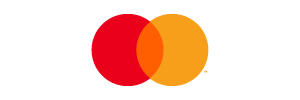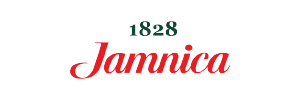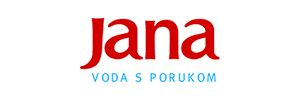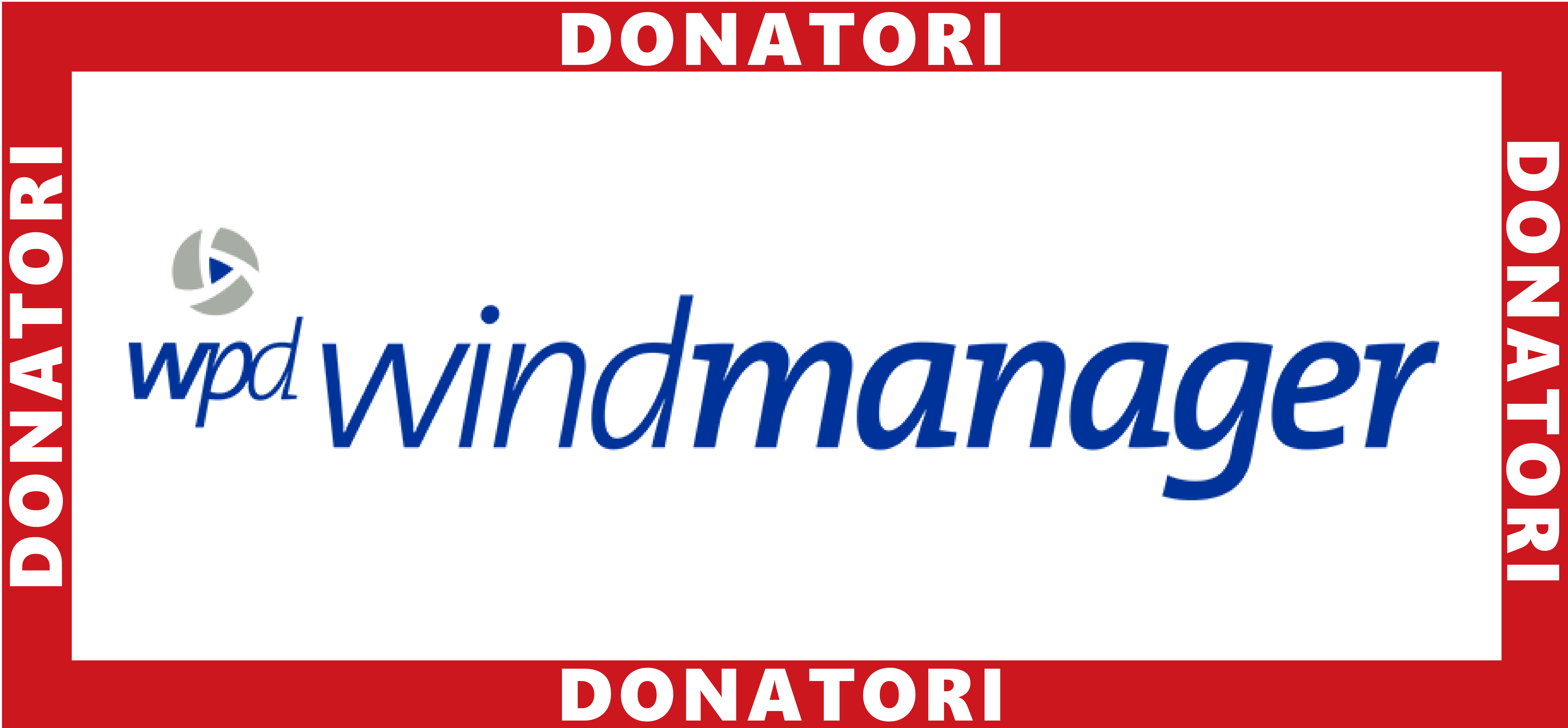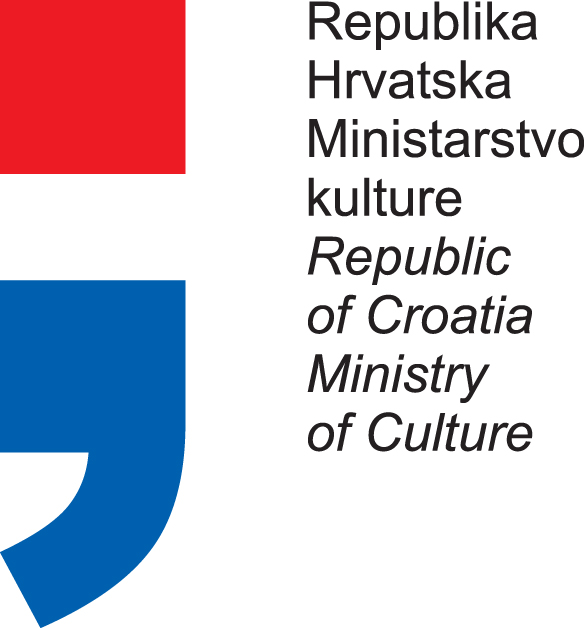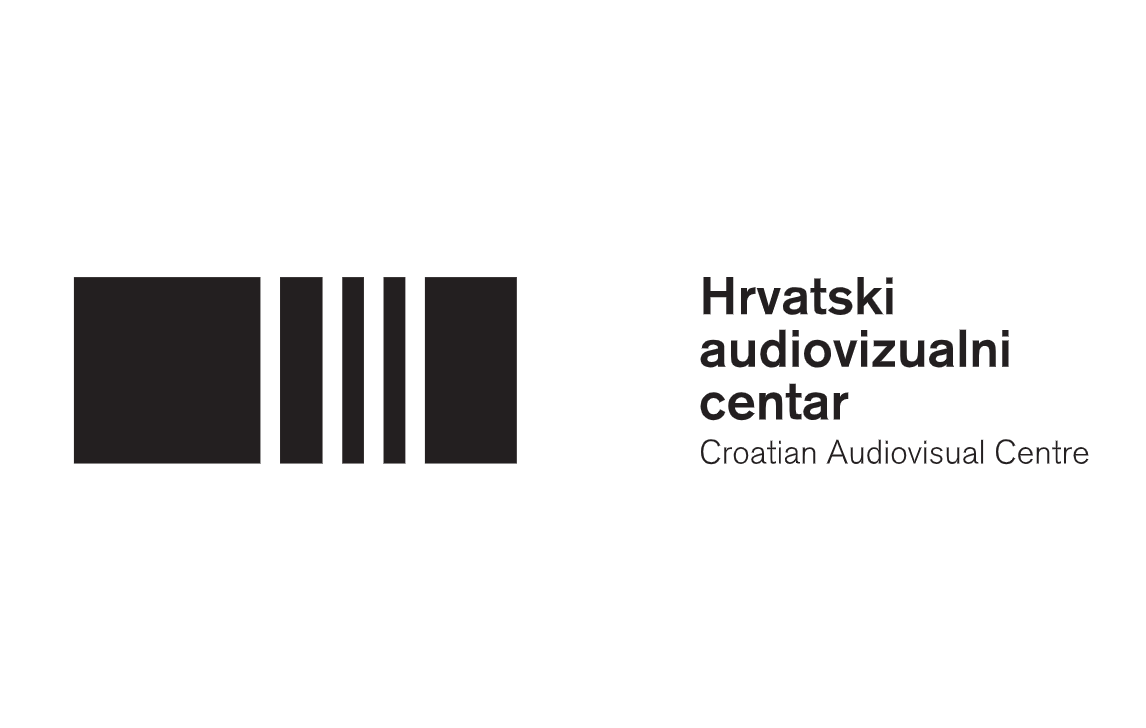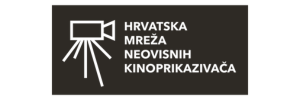Sustainable Fortifications for Seniors Learning Hub project has kicked off
Within the scope of the Erasmus+ project titled "Sustainable Fortifications for Seniors Learning Hub" (acronym: Sustain4Seniors HUB), coordinated by the Public Cultural Institution Fortress of Culture Šibenik (Croatia) and its partners, Asociatia Mioritics (Romania) and Kaunas Fortress Park (Lithuania), the first online meeting was held on February 1, 2024.
The initial online meeting was dedicated to team introductions, providing an overview of the project, establishing a comprehensive timeline and task assignments, and setting guidelines for visibility, communication, and dissemination throughout and post-project. Additionally, the session covered the presentation of technical and administrative details.
The main goal of the Sustain4Seniors hub project is to help cultural heritage managers learn, connect, and share ideas about managing historic sites in a sustainable, socially inclusive, and eco-friendly way. The focus is on creating new programs and activities to involve senior visitors, promote their inclusion, and make them aware of how cultural heritage connects to sustainability, environmental friendliness, and waste reduction.
The primary target group of the project includes employees/staff of partner institutions, particularly management and decision-makers, staff directly responsible for cultural and educational program planning and production, as well as staff directly responsible for educational program operational preparation and execution.
The secondary target group consists of associated local partner organizations, such as associations of pensioners, with which project partners have already, to some extent, developed cooperation in implementing targeted programs on sites.
Expected outcomes and project results will promote fortifications as innovative learning spaces in local communities, fostering environmental awareness and civic participation of elderly citizens in cultural heritage sites. The project duration is from January 1 to November 30, 2024.
Project is funded by the European Union. Views and opinions expressed are however those of the author only and do not necessarily reflect those of the European Union or the European Education and Culture Executive Agency (EACEA). Neither the European Union nor EACEA can be held responsible for them.

